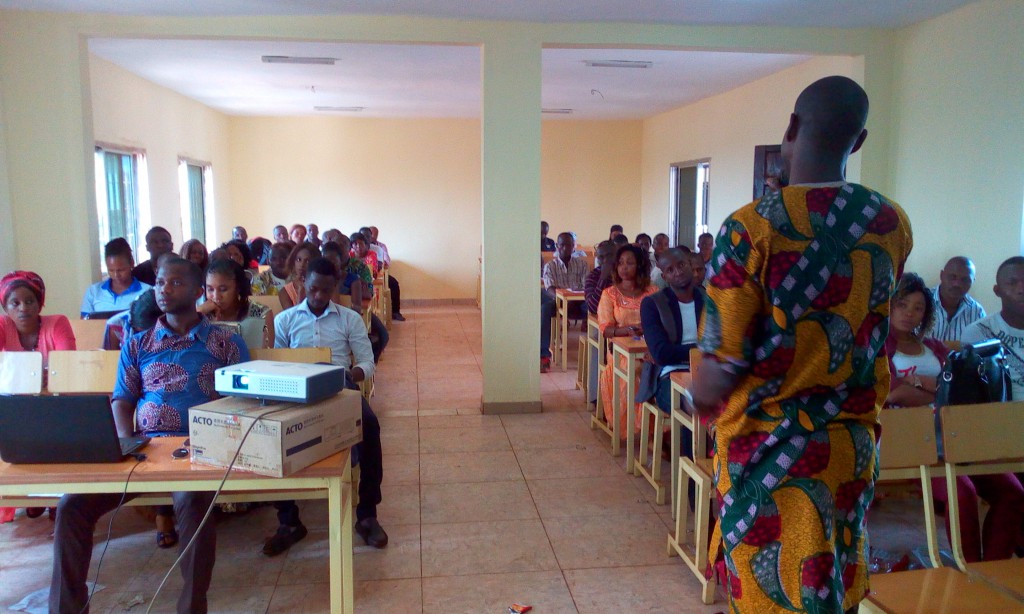Ibrahima Sory DIALLO, GUINEA CONAKRY

Ibrahima Diallo of Guinea Conakry
“Security forces must apply the law consistently, that is in accord with the criminal code, in order to not inflict torture and unlawful detention.”
About Ibrahima
Mr. Ibrahima Sory Diallo is a Doctor of Medicine and a former civil society activist and politician with ten years of experience managing public health projects in Guinea. He is a researcher and the president and founder of the NGO Responsible Youth, which trains medical residents in the Department of Imaging and Functional Exploration in Conakry. Having personally experienced police abuse and arbitrary detention, Ibrahima is currently the National Coordinator of Prisoners Without Borders in Guinea.
The Challenge
In Guinea, torture, illegal detention, and excessively long court proceedings persist despite ongoing efforts by government institutions and civil society. Additionally, the justice system suffers from several systemic issues, including a lack of procedural coordination between courts, non-enforcement of laws, political interference in judicial decisions, and corruption.
The Innovation: National Conference on Torture and Unlawful Detention in the Republic of Guinea
Ibrahima’s main objective was to curb torture and illegal detention in Guinea by promoting and protecting human rights. To this end, he organized a series of national and regional conferences on torture and illegal detention, aiming to raise awareness of the rights of the accused among police officers and the judiciary. The conferences were attended by human rights organizations and government institutions, including the Ministry of Justice, the Ministry of Security, the Ministry of Citizenship, and the Ministry of Social Action and Advancement of Women.
The first event, a roundtable led by the Minister of Justice, focused on the Code of Criminal Procedure and preventive detention. Participants included ten lawyers, ten human rights defenders, three representatives from the Office of the High Commissioner for Human Rights, and representatives from various human rights organizations. The second roundtable, held at the Ministry of Security, focused on combating torture during police investigations. The third roundtable, held at the Office of the High Commissioner for Human Rights, discussed the role of NGOs in combating investigative torture. This series of conferences and roundtables, which brought together actors from all sectors, has had a positive and lasting impact on the fight against torture and illegal detention in Guinea.
